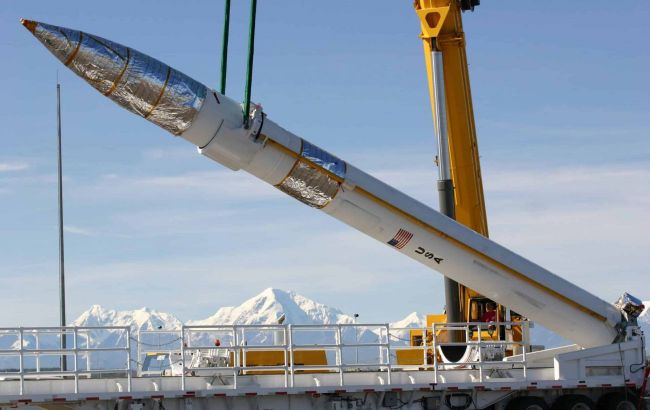U.S. successfully tests new anti-ballistic missile
 US successfully tests new anti-ballistic missile (missilethreat.csis.org)
US successfully tests new anti-ballistic missile (missilethreat.csis.org)
The United States has successfully conducted a test of the upgraded Ground-Based Interceptor (GBI) missile defense system, capable of intercepting medium-range ballistic missiles amid increasing threats from North Korea and Iran, according to Yonhap.
The Pentagon's Missile Defense Agency conducted the GBI system test designed to intercept ballistic missiles in the mid-flight stage. The GBI is a crucial component of the U.S. ground-based defense system, designed to counter missile attacks of medium and long ranges.
The interceptor was launched from the Vandenberg Space Force Base in California on Monday morning during tests that, according to the agency, demonstrated the capability of the upgraded weaponry to "engage threats faster."
This marks the first test of the three-stage GBI missile system operating in a two-stage mode. Thus, the third stage received the command not to ignite, allowing the release of the warhead earlier and enabling engagement at a closer distance.
Key details about the Ground-Based Interceptor
The GBI is a missile defense system designed to intercept intercontinental ballistic missiles. It consists of an exo-atmospheric kill vehicle built by Orbital Sciences Corporation and a Raytheon-produced booster. Boeing Defense handles their integration.
The three-stage orbital rocket uses solid rocket upper stages from the Taurus launch vehicle. The deployed U.S. version of the interceptor has three stages. The two-stage version was successfully tested in 2010 for use in the European NATO missile defense system as a backup option for the standard Aegis System Standard Missile 3.

